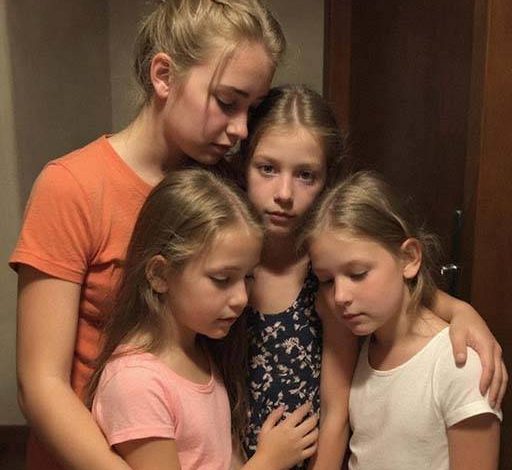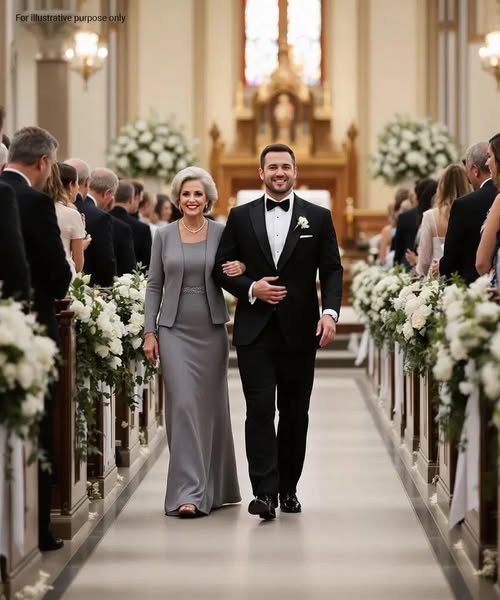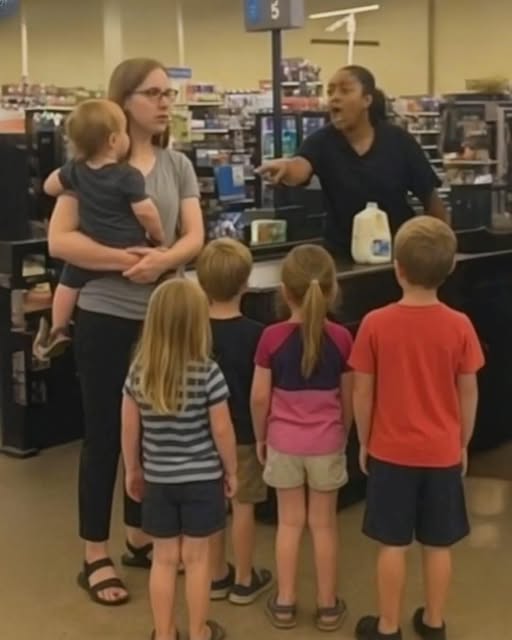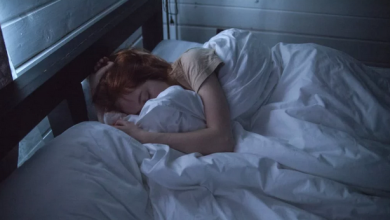
Our Dad ‘Wanted a Son’, So He Sent Me and My Sisters to Live with Grandma — I Made Him Regret It Years Later
Because my sisters and I weren’t boys, my father treated us like disposable things—mistakes to be forgotten. That quiet rejection followed us for years, until I finally found a way to make him regret it, not with shouting or tears, but with lawyers and a courtroom.
I was only five or six when I first understood he didn’t love me. I sat cross-legged on our old sofa, a popsicle dripping down my fingers, staring at the family photos on the mantle. There was Dad holding me as a baby, but his face was blank—no joy, no pride, nothing at all. I wasn’t a daughter in his arms; I was a wrong delivery he couldn’t return.
My name is Julia. I’m the oldest of four girls—Mia, Sophie, and little Grace. For Dad, each new daughter was another disappointment. Mom once admitted that when I was born, Dad muttered, “Don’t get too attached. We’ll try again.” He never outright called us mistakes, but his silence screamed louder than words. No hugs, no “I’m proud of you,” not even the casual affection other kids took for granted.
Every time Mom had another girl, his resentment deepened. By the time Grace was born, the tension was suffocating. His solution was simple: out of sight, out of mind. He started dropping us off with Grandma Margaret, one by one. I went first, then Mia, then Sophie, then Grace. It was done quietly, strategically spaced out, as if he were discarding furniture he no longer wanted.
Grandma was gentle, though. She baked us cookies, told bedtime stories, and made sure each of us had our own little birthday cake. Her house was warm in a way our real home never was. But even with her love, I still pressed birthday cards from our parents under my pillow, pretending their empty “Love, Mom and Dad” wasn’t just habit.
Everything changed when I was nine. I overheard Grandma on the phone—Mom’s voice bubbled with joy, “It’s a boy! We named him Lucas.” And then I heard Dad’s laugh. A real laugh. A week later, they showed up to parade Lucas around like a miracle, dressed in designer clothes, clutching a silver rattle with his name engraved. Dad’s face lit up when he held him in a way it never had for us. And just like that, they were gone again.
Years passed. Then, when I was seventeen, a lawyer came knocking at Grandma’s door. He was working on behalf of Walter—my grandfather I had never met. He had left decades ago but built a fortune in construction and real estate. Now he was dying, and the lawyer needed the names of his grandchildren for inheritance purposes. Grandma listed us without hesitation.
Dad must have found out, because two weeks later he and Mom showed up at Grandma’s with fake smiles and a rented U-Haul. “We thought it was time to reconnect,” Dad said, his voice dripping with insincerity. Against Grandma’s protests, they swept us back into their house. It wasn’t about family. It was about money.
Back “home,” we weren’t daughters—we were unpaid servants. Laundry, dishes, babysitting. My old room had become Lucas’s Lego kingdom, and the seven-year-old treated us like intruders. “Why are the girl-servants here?” he asked his mother one night, echoing the poison he’d learned from Dad.
I’d had enough. One cold morning, I packed a bag, kissed my sisters as they slept, and walked six miles to Walter’s house. His white fence was chipped, his house weathered, but when he opened the door, he knew me instantly. “You must be Julia,” he said softly.
Over tea in his kitchen, I told him everything—from Grandma raising us, to Dad’s sudden “reunion,” to Grace calling herself “the spare girl.” For a long time, he was silent, staring at his hands. Finally, he whispered, “I left because I thought I wasn’t fit for a family. I was wrong. And I won’t let him treat you the way I treated her.”
The very next day, Walter called Grandma. “I’m done hiding,” he said. “Let’s make this right.”
He brought in his niece Marissa, a sharp family lawyer with her own scars from Dad’s cruelty. Together, they filed for guardianship, armed with years of evidence—school records, photos, even an old text from Dad calling us “financial deadweight.” The court battle was long and ugly. Dad insisted we were confused, manipulated, even claimed Walter kidnapped me. But the judge saw through it.
Grandma was awarded guardianship permanently. Walter rewrote his will, leaving everything to me, Mia, Sophie, and Grace. Nothing for Dad. Nothing for Lucas. Nothing for the woman who let it all happen.
Dad raged in voicemails and furious texts, but we never went back. Mom disappeared into silence. Lucas stayed in his kingdom of toys, alone.
We returned to Grandma’s, where Walter spent his last two years making up for lost time. He taught Sophie to fish, helped Mia build a birdhouse, read history with Grace, and bought me my first camera. When he died, we were all by his side. He squeezed my hand and whispered, “I should have come back sooner. But at least I did in the end.”
And I whispered back, “Same goes for me.”




